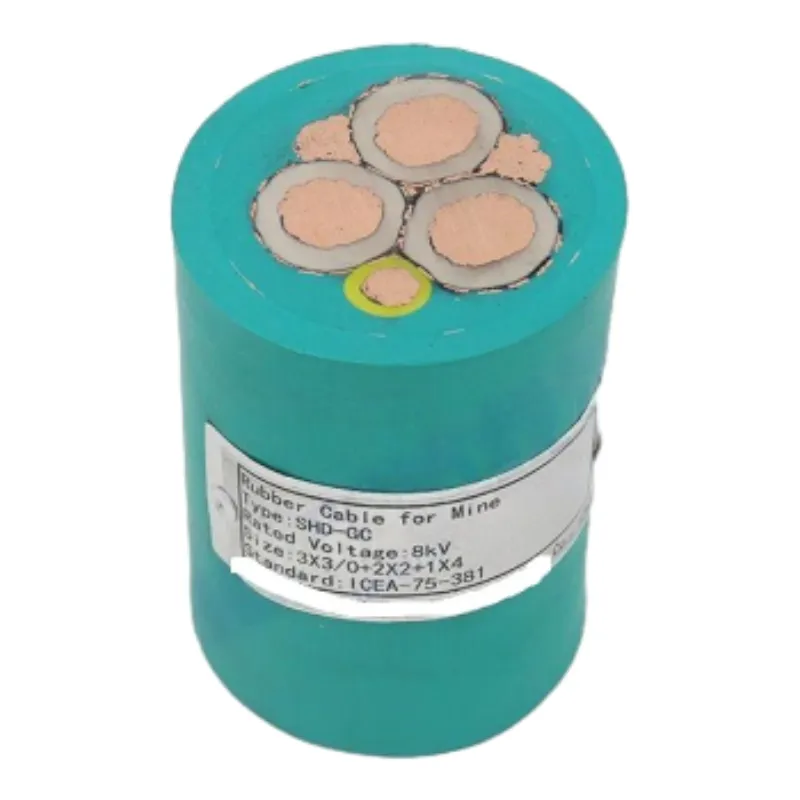9 月 . 12, 2024 01:16 Back to list
Wafer Style Check Valve - High Performance and Reliability
Understanding Wafer Style Check Valves
Wafer style check valves play a critical role in various fluid and gas systems, ensuring that flow only moves in one direction. Their design and functionality make them a popular choice in numerous industrial applications, such as water treatment, oil and gas, and HVAC systems.
A wafer check valve is typically installed between two flanges in a pipeline and is often much thinner than other types of check valves, such as swing or ball check valves. This sleek design allows for a reduction in space and weight, making wafer style check valves ideal for applications where conserving space is essential. The streamlined structure means that they can be easily integrated into existing piping systems without requiring extensive modifications.
One of the primary functions of a wafer style check valve is to prevent backflow. In any fluid system, backflow can cause significant issues, including contamination, equipment damage, and reduced efficiency. The wafer check valve's design features a disc that opens with forward flow and tightly seals against a seat when flow reverses. This mechanism effectively closes off the backflow path, protecting the integrity of the system.
wafer style check valve

The materials used in wafer style check valves can vary widely, depending on the application and the fluids being handled
. Common materials include stainless steel, cast iron, and PVC, each offering its own benefits regarding corrosion resistance, strength, and durability. The choice of material is crucial, as it must be compatible with the specific operating conditions, such as temperature and pressure.Another vital aspect of wafer style check valves is their ease of maintenance. They typically feature a simpler construction than other valve types, which means fewer parts that could potentially fail. Routine inspections and basic upkeep can usually ensure these valves operate efficiently over extended periods, contributing to system reliability and reducing the likelihood of costly downtime.
In addition to their practical benefits, wafer style check valves also contribute to energy efficiency. By preventing backflow, they help maintain optimal flow rates and reduce the work required by pumps and other equipment in the system. This energy efficiency can lead to lower operational costs and a reduced environmental footprint.
In conclusion, wafer style check valves are indispensable components in fluid and gas handling systems. Their compact design, reliable backflow prevention, and ease of maintenance make them a favored choice across various industries. By understanding their features and benefits, engineers and system designers can better incorporate these valves into their projects, ensuring effective and efficient operation for years to come. Whether in a simple water pipeline or a complex industrial system, wafer style check valves represent a blend of functionality and reliability that is essential for modern engineering challenges.
Share
-
Understanding the Differences Between Wafer Type Butterfly Valve and Lugged Butterfly ValveNewsOct.25,2024
-
The Efficiency of Wafer Type Butterfly Valve and Lugged Butterfly ValveNewsOct.25,2024
-
The Ultimate Guide to Industrial Swing Check Valve: Performance, Installation, and MaintenanceNewsOct.25,2024
-
Superior Performance with Industrial Swing Check Valve: The Essential Valve for Any SystemNewsOct.25,2024
-
Industrial Swing Check Valve: The Ideal Solution for Flow ControlNewsOct.25,2024
-
You Need to Know About Industrial Swing Check Valve: Functionality, Scope, and PerformanceNewsOct.25,2024